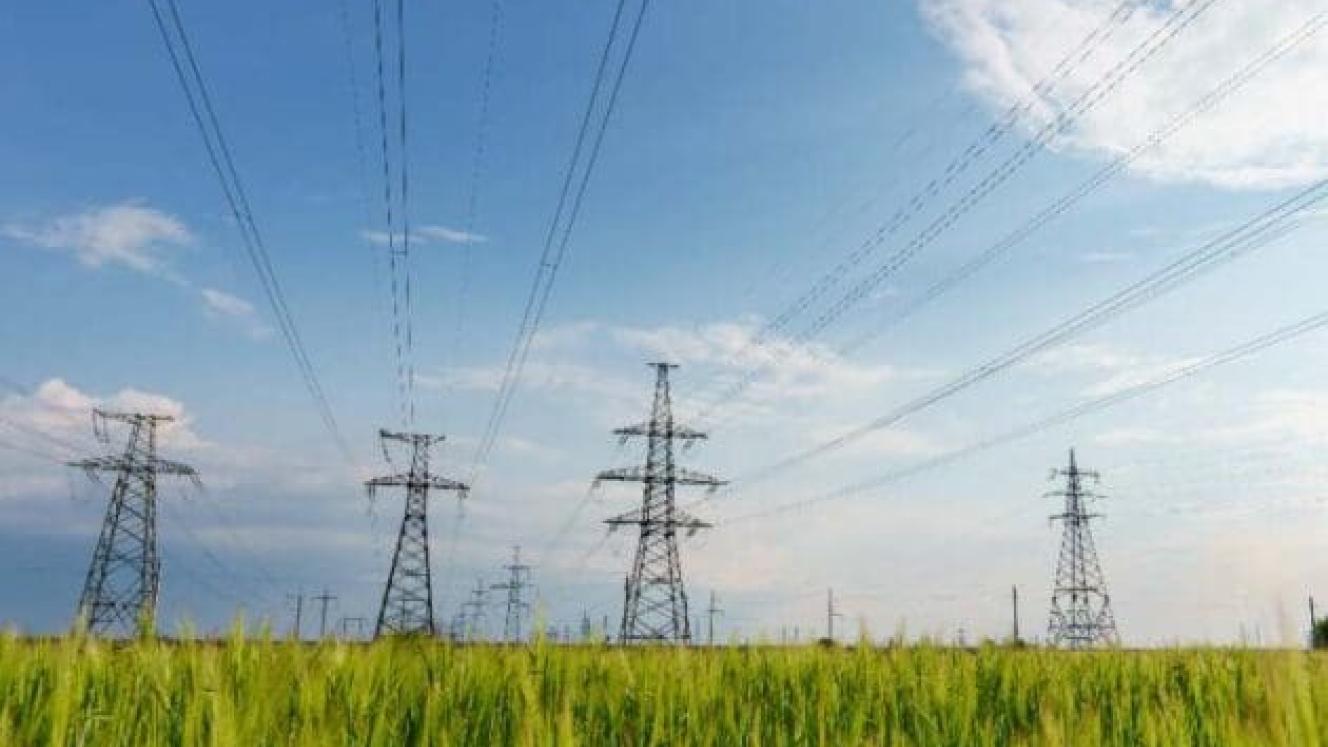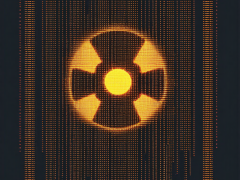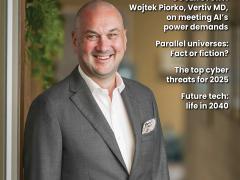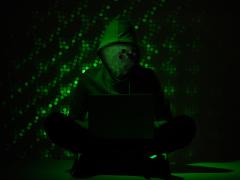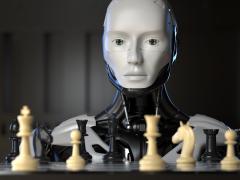By Jonathan Spencer Jones*
The Dutch demonstrator, one of four being undertaken in the eFORT project, is developing the digital twin as one of its main solutions with the expectation of revolutionising grid security by enhancing cyber security.
The eFORT Horizon Europe-supported project was launched in September 2022 to improve European grid security at both the cyber and physical levels. The project, which is being coordinated by the Fundacion CIRCE technology and research centre, is aimed to address resilience and reliability against failures, cyberattacks and physical and other disturbances with a clear picture of the threats and vulnerabilities and the development of a set of solutions. Such solutions include an intelligent platform and the use of digital twins for the control room of the future to train future grid operators.
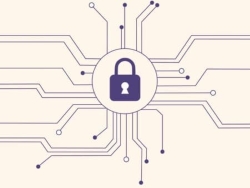 In particular the focus of the demonstrator is on preventing cascading failures and power grid restoration following an outage.
In particular the focus of the demonstrator is on preventing cascading failures and power grid restoration following an outage.
Matija Naglic, Business Developer System Operations at the TSO TenneT, which is co-leading the demonstrator, says that while digital twin technology enables many advantages, the primary emphasis of the eFORT project is not only the building of a digital twin itself but rather the development of digital twin-based applications.
Alex Stefanov, Power Systems Chartered Engineer and assistant professor at co-leader Delft University of Technology, explains: “Accurately capturing the condition of the system in real-time helps in creating a power system analysis for different scenarios that can be used for mitigating cascading failures.”
The digital twin, for which a proof of concept and other foundational work has been completed, involves a communication aspect and dynamic system modelling with the aim to act as a proactive defence mechanism, utilising artificial intelligence tools such as graph neural networks and machine learning techniques.
By foreseeing potential threats, it should safeguard the resilience of the grid in the face of cyber-attacks.
The Dutch demonstrator is planned to provide several key solutions towards cascading failure prevention and system restoration.
These include the control room of the future, algorithms and strategies for secure grid operation and self-healing capabilities.
Other participants include the Dutch innovation organisation TNO, the European Network for Cyber Security, risk management specialist DNV and the CIRCE research centre.
The eFORT project, which is being supported through Horizon Europe, is aimed to develop solutions to increase both the cyber and physical resilience and the sustainability of the grid. The four-year project began in September 2022 and runs to August 2026. Other demonstrators are in Spain. Italy and Ukraine.
* Jonathan Spencer Jones is a writer and analyst with more than 20 years covering the energy transition and the evolution of digitalisation in metering and the grid.

